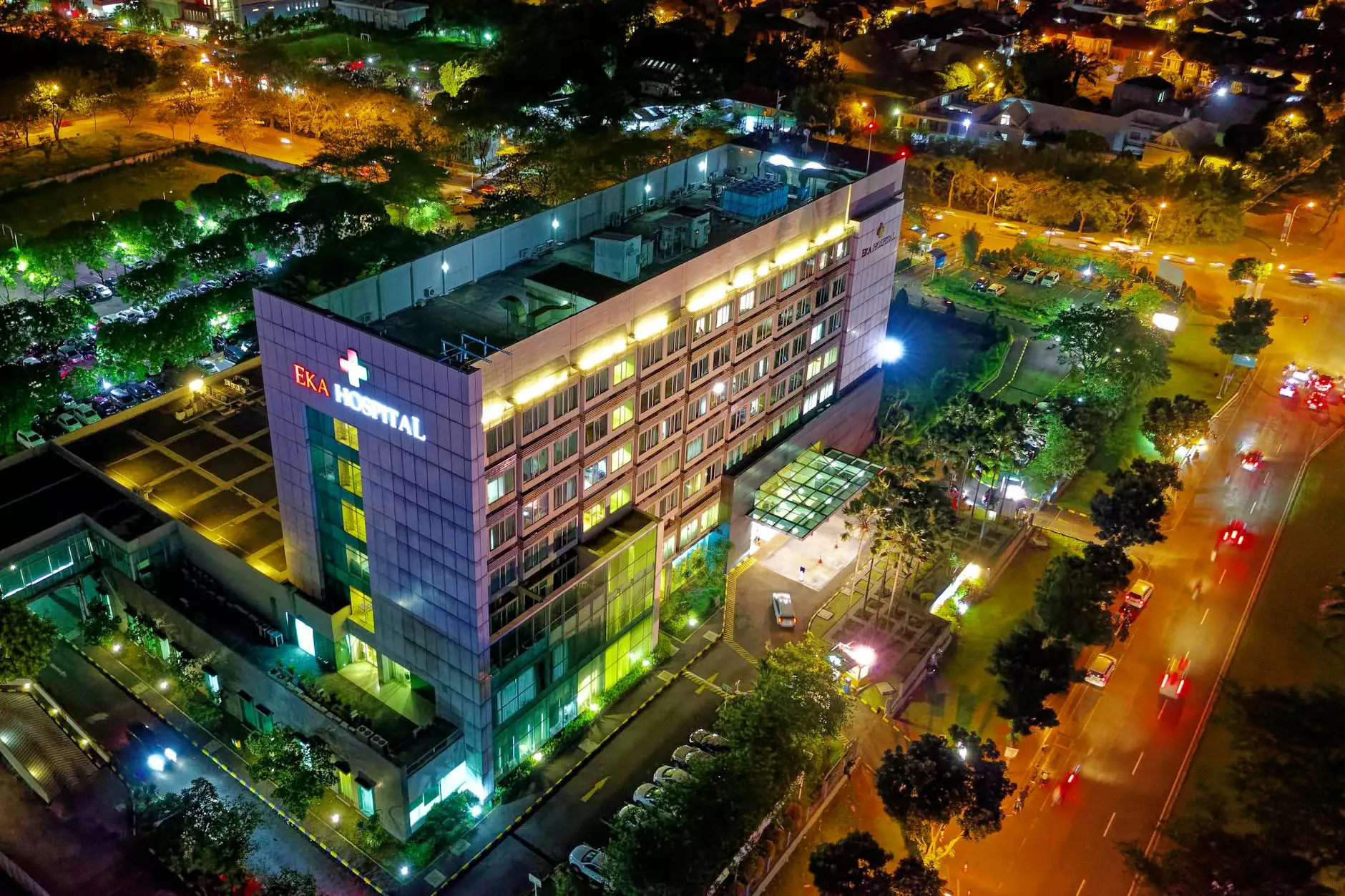Understanding Hysterectomy Surgery Risks

Introduction
Hysterectomy surgery is a common procedure performed by obstetricians and gynecologists to remove a woman's uterus. While it can bring relief for various health conditions, it is essential to understand the potential risks involved before undergoing the surgery. In this article, we will explore the different types of hysterectomy procedures, the risks associated with each, and how you can minimize these risks to ensure a successful outcome.
Types of Hysterectomy
Before discussing the risks, let's briefly touch upon the different types of hysterectomy surgery:
Total Hysterectomy
A total hysterectomy involves the complete removal of the uterus and cervix. This procedure is commonly recommended for conditions such as uterine fibroids, endometriosis, and certain types of cancer.
Partial Hysterectomy
Also known as a subtotal or supracervical hysterectomy, a partial hysterectomy involves removing the upper part of the uterus while keeping the cervix intact. This procedure is less invasive and sometimes preferred for specific medical conditions.
Radical Hysterectomy
A radical hysterectomy is typically performed in cases of gynecological cancer, such as cervical or ovarian cancer. Besides removing the uterus, it involves the removal of surrounding structures, such as the cervix, upper vagina, and, in some cases, lymph nodes.
Risks Associated with Hysterectomy Surgery
As with any surgical procedure, there are potential risks, complications, and side effects associated with hysterectomy surgery. It is crucial to be aware of these risks and discuss them thoroughly with your healthcare provider. Here are some of the common risks:
1. Infection
After a hysterectomy, there is a risk of developing an infection, typically at the incision site or within the pelvic area. This risk can be minimized by following proper hygiene and taking prescribed antibiotics.
2. Bleeding
In some cases, excessive bleeding may occur during or after the surgery. This risk is higher for individuals with certain medical conditions or those taking blood-thinning medications. Your healthcare provider will monitor and manage bleeding to ensure your safety.
3. Damage to Nearby Organs
During the surgery, there is a slight risk of unintentional damage to nearby organs, such as the bladder, bowel, or blood vessels. This risk can be minimized by choosing an experienced surgeon who specializes in the procedure.
4. Adverse Reaction to Anesthesia
While rare, some individuals may experience an adverse reaction to anesthesia during the surgery. Your anesthesiologist will evaluate your medical history and take necessary precautions to minimize this risk.
5. Blood Clots
Hysterectomy surgery increases the risk of developing blood clots in your legs or lungs. This risk can be reduced by staying active, wearing compression stockings, and taking prescribed blood thinners.
6. Early Menopause
If both ovaries are removed during the hysterectomy, it can trigger early menopause, leading to hormonal changes and potential long-term effects on bone health. Your healthcare provider may prescribe hormone replacement therapy to manage these symptoms.
7. Emotional Impact
Undergoing a hysterectomy can have emotional implications. It may cause feelings of loss, grief, or changes in body image. It is essential to have a support system in place and discuss any concerns with your healthcare provider or a mental health professional.
Minimizing Risks with DrSeckin.com
When it comes to your health, it is crucial to consult with a highly skilled and experienced specialist. DrSeckin.com is a leading platform that connects patients with top-notch obstetricians and gynecologists specializing in various procedures, including hysterectomy surgery.
Dr. [Doctor's Full Name] and his team at DrSeckin.com understand the concerns and risks associated with hysterectomy surgery. They have extensive experience in performing hysterectomy procedures using advanced techniques, such as laparoscopy and robot-assisted surgery, which minimize the risks and promote faster recovery.
By choosing DrSeckin.com, you can benefit from:
- A multidisciplinary team of experts dedicated to providing personalized and comprehensive care.
- State-of-the-art facilities equipped with the latest medical advancements.
- Individualized treatment plans tailored to your specific needs.
- Access to cutting-edge technology for accurate diagnosis and minimally invasive procedures.
- Post-operative support and guidance to ensure a smooth recovery.
If you are considering a hysterectomy, whether for uterine fibroids, endometriosis, or any other medical condition, DrSeckin.com is your trusted partner in providing safe, effective, and compassionate care. Their dedication to patient satisfaction and successful outcomes sets them apart as a leading provider in the field of obstetrics and gynecology.
Conclusion
While hysterectomy surgery carries certain risks, choosing the right healthcare provider can help minimize them and ensure a successful outcome. DrSeckin.com, with its team of highly proficient obstetricians and gynecologists, offers a reliable solution for individuals considering hysterectomy.
By taking advantage of their expertise, advanced techniques, and personalized care, you can embark on your journey towards improved health and well-being. Contact DrSeckin.com today to schedule a consultation and take the first step towards a healthier future.
hysterectomy surgery risks








